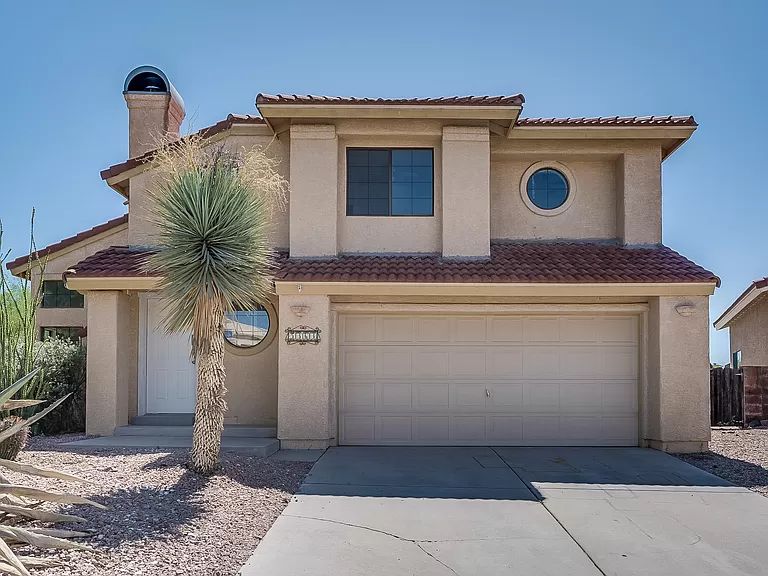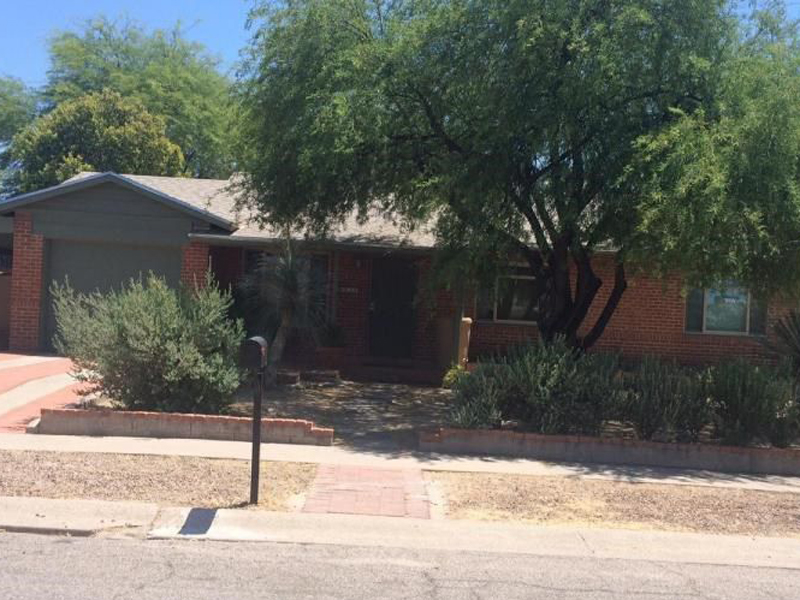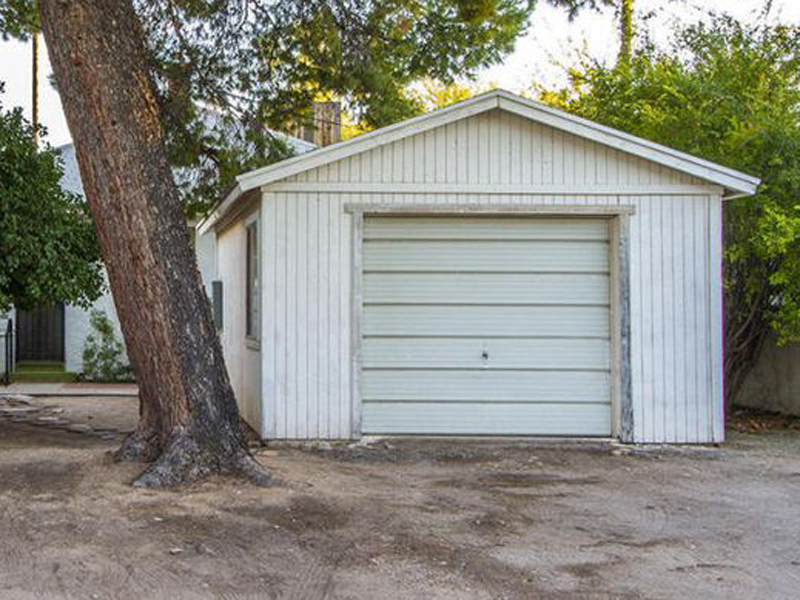Is Your Garage Door Stuck? Below's What to Do First
When your garage door will not open, begin with these essential safety checks before trying any type of repairs. First, make sure nobody is standing near the door which lorries are free from the opening. Seek evident indicators of damage like busted panels, bent tracks, or hanging wires. If you see a snapped springtime or seriously damaged elements, quit quickly and call a specialist—-- these fixings need customized tools and expertise to handle safely.

Inspect These 6 Points Before Calling a Specialist
Before presuming you need expensive repair work, go through this quick analysis checklist that fixes most garage door issues:
-
Power source: Confirm the opener is plugged in and the electrical outlet is working
-
Remote batteries: Replace dead batteries in your push-button control
-
Hands-on lock: Examine if someone mistakenly engaged the hands-on lock
-
Obstructions: Seek particles blocking the door's path or sensors
-
Emergency situation release: Make certain the red emergency cord hasn't been drawn
-
Circuit breaker: Validate the garage circuit hasn't stumbled
These easy checks deal with approximately 70% of garage door problems without requiring expert treatment.
10 Usual Factors Your Garage Door Won't Open Up
Understanding why your garage door opener isn't working assists you pick the best service. Here are one of the most constant reasons home owners experience:
Dead remote batteries stand for the easiest fix—-- when batteries die, the remote can't send signals to the opener. Power blackouts or stumbled breakers cut electrical energy to the electric motor. Broken springtimes protect against the door from lifting appropriately and call for prompt professional attention. Sensor misalignment reasons safety systems to obstruct door procedure. Track obstructions stop rollers from moving efficiently. Motor overload triggers automatic shutoffs when the opener spots resistance. Limit switch issues puzzle the opener concerning door setting. Wire damages interferes with the lifting mechanism. Weather-related issues influence door movement during severe temperature levels. Element wear from age slowly reduces system efficiency.
Issue # 1: Dead Remote Batteries
When your wall button works yet your remote does not, dead batteries are generally the perpetrator. The majority of garage door remotes make use of either 3-volt lithium or 12-volt alkaline batteries. Eliminate the back cover of your remote and check the battery type. Change with fresh batteries and test the remote. If it still does not work, you might need to reprogram it to your opener. Consult your opener's guidebook for certain reprogramming instructions, as the procedure differs by manufacturer.
Trouble # 2: Power Supply Issues
Garage door power troubles typically originate from loose links or tripped circuits. Examine that the opener is firmly connected into its electrical outlet—-- resonance can loosen connections gradually. Check the outlet with an additional tool to confirm it's functioning. Examine your home's breaker box for stumbled circuits, particularly if you have actually experienced tornados or power fluctuations. GFCI outlets might have tripped and need resetting. If the opener has power yet won't respond, the issue most likely lies in other places in the system.
Issue # 3: Broken or Damaged Springs
Broken garage door springs are amongst one of the most dangerous elements to manage. If you listen to a loud bang from your garage or see the door really feels extremely heavy when trying to raise manually, a springtime has most likely broken. Torsion springs run flat over the door, while extension springtimes sit on either side. Never ever try springtime repair work on your own—-- these components keep incredible tension that can create serious injury or death. Specialist substitute normally sets you back $150-$300 but ensures your security.
Issue # 4: Blocked Safety Sensors
Modern garage doors feature safety and security sensing units that prevent closure when objects are detected. These sensors can quit the door from opening up if they're dirty, misaligned, or obstructed by debris. Tidy sensor lenses with a soft fabric and make sure nothing blocks the unnoticeable beam of light in between them. Examine that sensors are appropriately lined up—-- most have sign lights that reveal connection standing. Sensing unit troubles frequently resolve with easy cleaning and modification.
Issue # 5: Track Obstructions or Damages
Garage door tracks overview rollers as the door moves up and down. Dust, debris, old grease, or small objects can jam the system. Examine tracks visually and eliminate any blockages with a brush or fabric. Search for damages, bends, or warping that could hamper smooth procedure. Small track adjustments are feasible for helpful property owners, however significant damage requires professional fixing to avoid further troubles or security hazards.
Trouble # 6: Garage Door Opener Electric Motor Issues
When the garage door motor runs however the door doesn't relocate, several problems could be accountable. The electric motor might be overwhelmed and turning off as a precaution. Equipment wear, especially in older devices, can protect against proper procedure. Chain or belt drive issues affect power transmission. If you listen to unusual grinding, clicking, or humming sounds, quit utilizing the opener instantly. Electric motor fixings typically cost more than substitute, especially for units over 10 years old.
Detailed Do It Yourself Troubleshooting Overview
Follow this systematic strategy to garage door repairing while prioritizing safety and security throughout the process:
Step 1: Evaluate the wall button initially. If it functions however the remote does not, focus on remote problems. If neither jobs, check power supply.
Step 2: Analyze the hands-on launch cord. If it's been drawn, the opener is disengaged from the door. Press the cart back to reconnect.
Step 3: By hand check the door by disengaging the opener and attempting to raise the door by hand. It ought to relocate efficiently and stay in location when half-open.
Tip 4: Inspect noticeable elements for damages, paying unique focus to springs, cords, and tracks.
Tip 5: Check all security features including sensing units, restriction buttons, and auto-reverse features.
Step 6: Test various controls (remote, wall button, keypad) to separate the trouble source.
Constantly use shatterproof glass and work gloves when executing evaluations, and never ever effort repair services on springtimes or high-tension components.
When to Call a Specialist vs. DIY Solutions

Knowing when to call a garage door professional versus trying do it yourself repairs secures both your safety and security and your purse. Take care of these problems on your own: dead remote batteries, power supply troubles, small track cleansing, sensor cleaning and placement, and fundamental lubrication.
Never try these repairs yourself: spring substitute or change, cable television fixings, major track realignment, electric circuitry concerns, opener motor replacement, or any kind of repair involving high-tension elements. Expert service technicians have specialized tools, training, and insurance coverage to take care of harmful repair work safely.
Think about fixing expenses versus substitute prices, specifically for doors over 15 years of ages. Modern garage doors use much better safety and security features, energy performance, and reliability than older versions.
Emergency Garage Door Solutions
When you're stuck to a garage door that won't open up and require immediate access, adhere to these emergency situation treatments:
Guidebook Operation: Pull the red emergency situation release cable to disengage the opener. This enables manual operation yet requires correct method to stay clear of injury. Lift the door gradually and uniformly, making use of leg muscles as opposed to your back. Many residential doors weigh 100-150 pounds, making them convenient for the majority of grownups.
Short-term Fixes: If the door opens up manually yet won't stay up, prop it open with sawhorses or clamps—-- never ever utilize your body or cars as assistances. For doors that will not close completely, guarantee the opening is protected if you have to leave.
Emergency Solution: Several garage door companies offer 24/7 emergency situation solution for scenarios including protection concerns, trapped lorries, or total system failings. While much more expensive than routine solution phone calls, emergency repair services give instant services when required most.
Security Caution: What NOT to Do
Garage door safety and security calls for understanding unsafe repair services that ought to never ever be attempted by house owners:
Never ever try to fix springtimes—-- they keep enough power to trigger deadly injuries when they break or are incorrectly taken care of. Don't compel a stuck door—-- this can damage the opener, tracks, or door panels, developing much more pricey problems. Avoid bypassing safety features—-- sensors and auto-reverse devices avoid major injuries and home damages.
Don't neglect strange sounds—-- grinding, scraping, or banging noises show troubles that get worse with time. Never ever make use of the door if cables are frayed or damaged—-- the door might get more info drop all of a sudden. Don't attempt electric repairs unless you're a qualified electrical expert—-- garage door openers make use of both 120V home present and low-voltage control circuits.

Preventive Maintenance to Prevent Future Problems
Routine garage door upkeep prevents most usual issues and extends system life expectancy substantially:
Month-to-month Tasks: Aesthetic evaluation of all components, checking auto-reverse security attributes, inspecting and tightening up equipment, and cleansing tracks and sensing units.
Quarterly Tasks: Lubing all moving parts with suitable garage door lube, screening manual operation, and inspecting weather condition securing.
Annual Jobs: Expert assessment and tune-up, springtime adjustment if required, and opener upkeep consisting of belt or chain modification.
Seasonal Tasks: Planning for weather condition extremes, inspecting insulation, and readjusting opener settings for temperature adjustments.
Constant maintenance costs much less than emergency fixings and ensures reputable procedure year-round.
Garage Door Will Not Open FAQs
Why won't my garage door open with the remote but deals with the wall surface switch?
This generally indicates dead remote batteries, signal disturbance, or the requirement to reprogram the remote. Inspect batteries first, after that consult your opener handbook for reprogramming directions.
Can I by hand open my garage door if the power is out?
Yes, pull the red emergency release cable to disengage the opener, after that raise the door by hand. Be planned for the door's complete weight and lift with proper method to avoid injury.
Exactly how do I know if my garage door spring is broken?
Indicators include a loud bang from the garage, the door sensation very heavy when lifting manually, noticeable voids in the springtime coils, or the door only opening up a couple of inches prior to quiting.
Is it secure to use my garage door if it will not open up completely?
No, partial operation shows mechanical troubles that might get worse instantly. Stop making use of the door and have it inspected by a specialist to prevent more damages or injury.
What should I do if my garage door opens however won't shut?
Examine safety and security sensing units for blockages or misalignment, analyze the tracks for debris, and check the auto-reverse feature. If these don't address the issue, get in touch with a professional.
How much does it set you back to repair a garage door that will not open?
Expenses vary widely depending on the problem: battery replacement ($5-$10), professional diagnosis ($50-$100), spring replacement ($150-$300), or opener replacement ($200-$500).
Can weather impact my garage door's capacity to open?
Yes, severe cold can thicken lubricating substances and impact metal parts, while heat can cause growth issues. Many issues fix as temperature levels normalize, yet persistent issues may need specialist focus.
Why does my garage door open a couple of inches after that stop?
This normally shows damaged springtimes, restriction switch problems, or track obstructions. The opener's security functions stop operation when resistance is detected, avoiding damage to the motor or door.
Get Professional Aid for Complicated Problems
When do it yourself troubleshooting does not resolve your garage door problems, specialist service technicians provide the experience and tools required for risk-free, enduring fixings. Certified specialists diagnose issues accurately, utilize manufacturer-approved parts, and offer service warranties on their work.
Expert solutions consist of: extensive system inspections, springtime and wire replacement, opener repair and substitute, track alignment and replacement, electric troubleshooting, and emergency situation solution calls.
What to expect: upfront pricing, accredited and insured technicians, same-day service for lots of repair services, and follow-up upkeep suggestions.
A lot of garage door companies provide free quotes for major repair work and can provide immediate remedies for immediate troubles influencing home safety or lorry gain access to.
Getting Your Garage Door Working Again
A garage door that won't open does not need to wreck your day or damage your budget. Beginning with basic troubleshooting steps like examining power, replacing batteries, and examining for noticeable blockages. Many issues have fast do it yourself services that recover typical procedure within minutes.
Nonetheless, identify when specialist assistance is required—-- especially for spring-related concerns, electric troubles, or facility mechanical failures. Attempting unsafe repairs yourself runs the risk of significant injury and typically creates a lot more expensive troubles.
Normal maintenance prevents most garage door concerns and ensures reliable procedure for several years to find. When problems do happen, resolve them promptly to stay clear of even more expensive repair services and maintain your home's security and ease. Whether you require a basic battery substitute or full system overhaul, remedies exist to get your garage door functioning smoothly again.